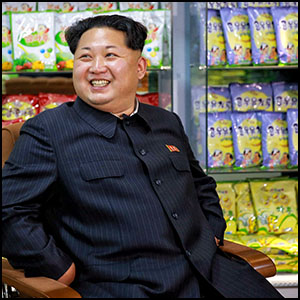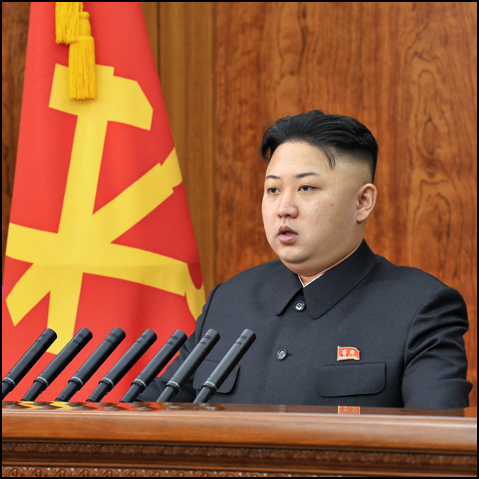
On May 25, the U.S. Treasury Department issued a finding designating North Korea as a jurisdiction of “primary money laundering concern.† On the same date, Treasury, through FinCEN, issued a notice of proposed rulemaking (“NPRM”) setting forth the measures that it proposes be implemented as a result of the finding.  Although the finding was immediately effective, the proposed rules will not become effective until some time after the 60-day comment period expires.
The designation comes shortly after evidence that North Korea hacked the SWIFT system to steal money from foreign banks and after an increase in activity by North Korea relating to nuclear and missile proliferation. The finding, however, is based instead on the  requirements set forth in section 311 of the Patriot Act as predicates for such a finding — namely that entities in North Korea were engaged in proliferation of WMD, that North Korea has no controls on money laundering, that North Korea does not have a mutual legal assistance treaty with the United States, and that there is a high level of corruption in the North Korean government.
Once such a  finding is made, section 311 permits Treasury to impose one of five special measures, and in this instance Treasury, as detailed in the NPRM, selected the so-called Special Measure Five to impose. Under that special measure, Treasury “may prohibit, or impose conditions upon, the opening or maintaining in the United States of a correspondent account or payable-through account” by foreign banks that involve the designated jurisdiction. The proposed rules implementing Special Measure Five would prohibit U.S. financial institutions from opening or maintaining a correspondent account for a foreign bank if the foreign bank was engaged in transactions on behalf of North Korea. They also impose certain due diligence obligations on U.S. banks to ferret out North Korean activities by foreign correspondent accounts.
These rules, when adopted, will go beyond current restrictions imposed by the Office of Foreign Assets Control (“OFAC”). Under current OFAC rules, banking transactions with blocked entities in North Korea as well as those that would involve the unlicensed import of North Korean goods into the United States are prohibited. But under the new FinCEN rules, foreign banks could be cut off from the U.S. financial system for engaging in transactions with any entity in North Korea, whether blocked or not.
Chinese banks are clearly the target here. China is North Korea’s biggest customer, and many of those transactions are believed to be denominated in the U.S. Dollars that North Korea needs to buy goods from around the world. These transactions will clearly become much riskier for Chinese banks when the rules go into effect. Although it is certain that Chinese banks have in the past concealed from U.S. banks the extent to which their correspondent accounts are used in connection with purchases from, or sales to, North Korea, it seems unlikely they will continue to run the risk that these activities will be uncovered now that the stakes (namely continued participation in the U.S. financial system) are higher and now that U.S. banks will be more closely scrutinizing the correspondent accounts of Chinese banks.

 Posted by
Posted by  Category:
Category: 

![North Korean Commemorative Coin via KCNA at https://flic.kr/p/e8xtQk [Fair Use] North Korean Commemorative Coin via KCNA at https://flic.kr/p/e8xtQk [Fair Use]](https://www.exportlawblog.com/images/nork_gold.jpg)
![Fat Man and Little Boy via KCNA [Fair Use] Fat Man and Little Boy via KCNA [Fair Use]](https://www.exportlawblog.com/images/nork_head.jpg)
![Kim Il Sung Square in Pyongyang by Uri Tours [CC-BY-SA-2.0 (http://creativecommons.org/licenses/by-sa/2.0)], via Flickr https://flic.kr/p/pQmzeV [cropped] Kim Il Sung Square in Pyongyang by Uri Tours [CC-BY-SA-2.0 (http://creativecommons.org/licenses/by-sa/2.0)], via Flickr https://flic.kr/p/pQmzeV [cropped]](https://www.exportlawblog.com/images/nork_square.jpg)



